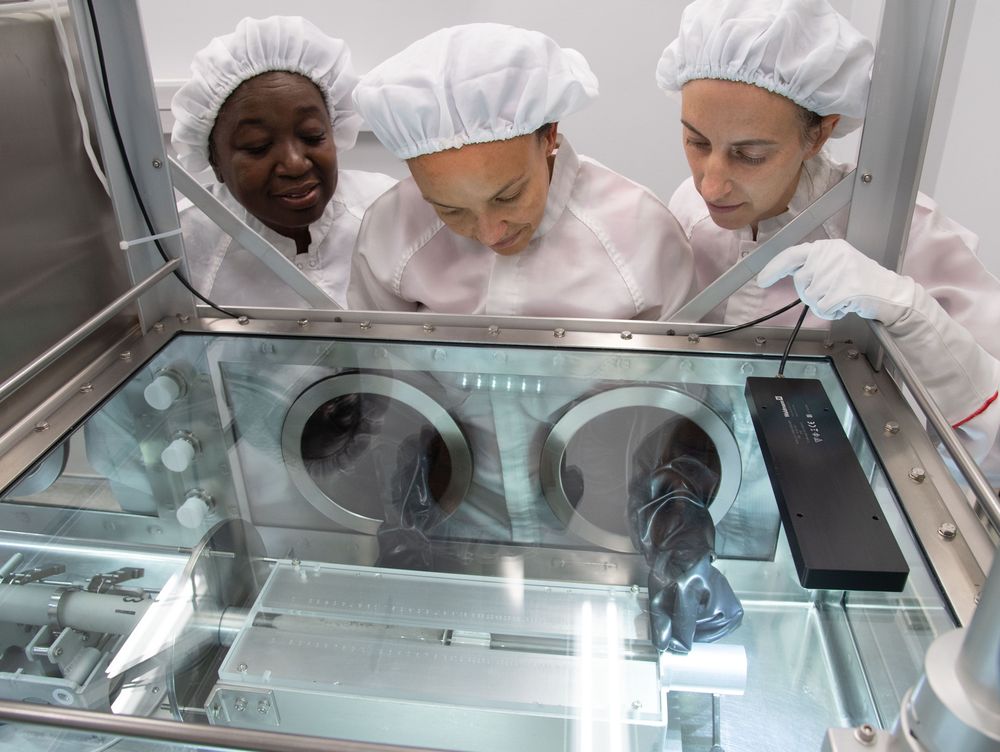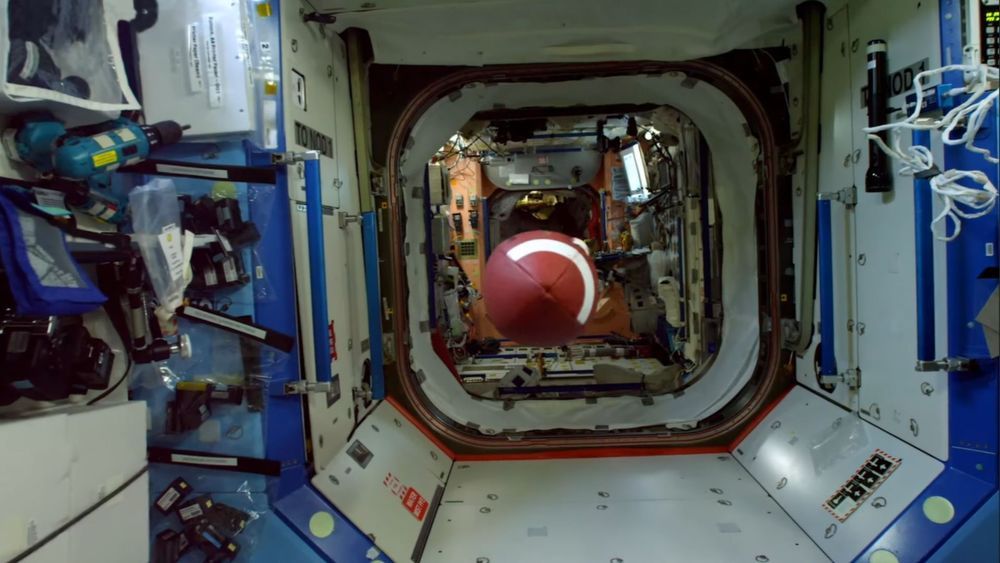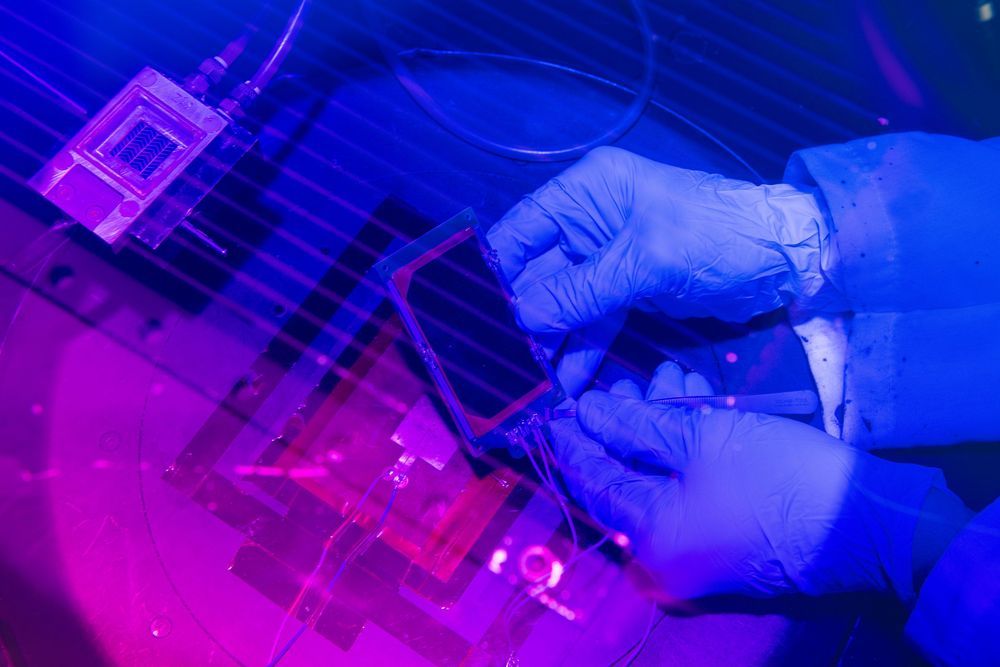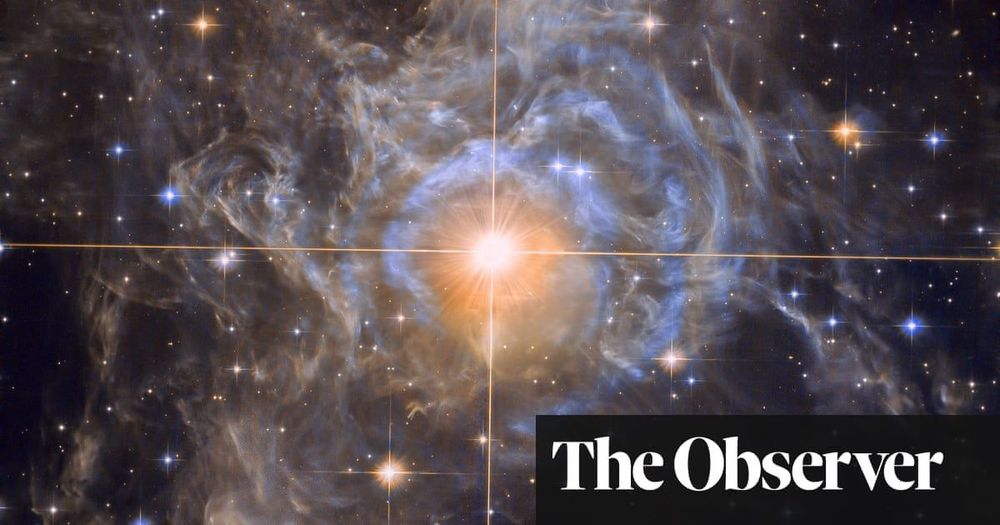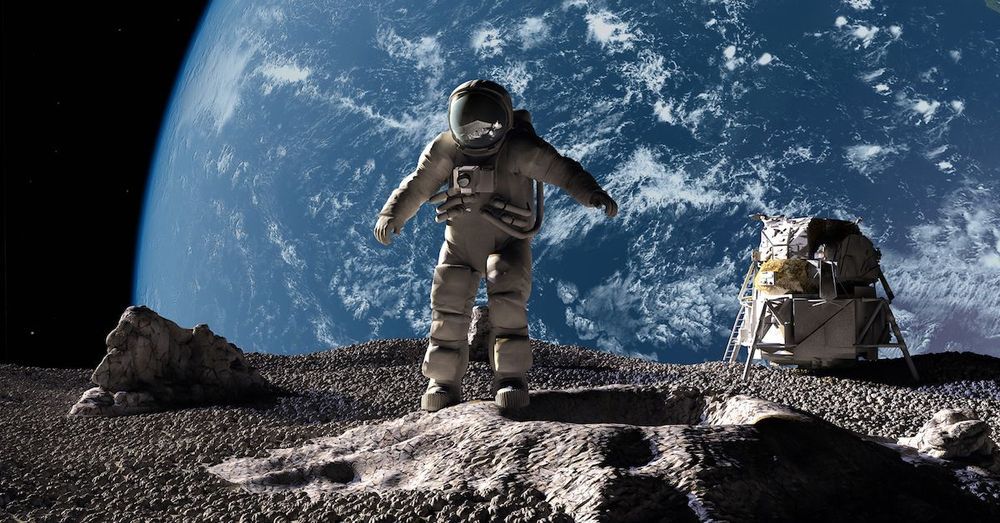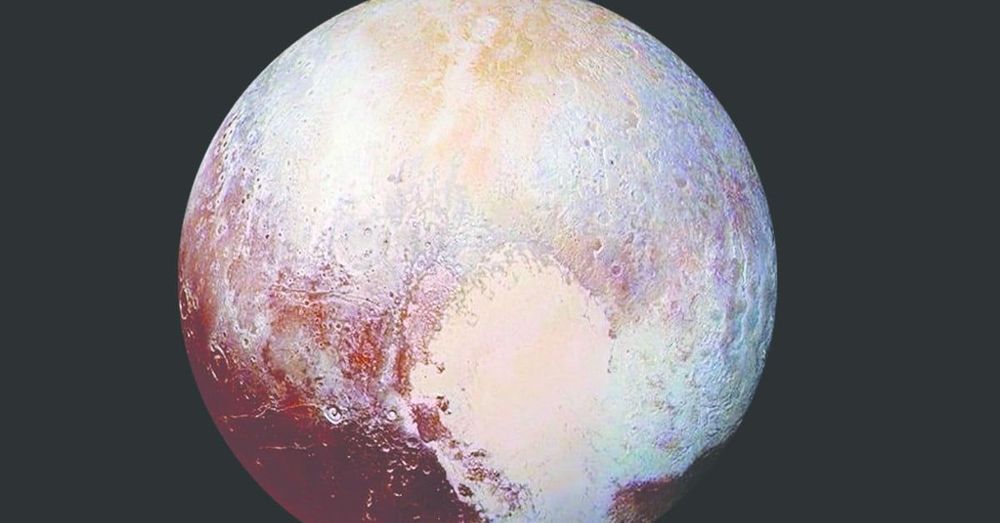Samples of lunar dust and rock returned to Earth during the Apollo missions quickly offered scientists new insights into the makeup of our Moon, but what do they look like under the microscopes of today? NASA has just cracked open the first of two untouched lunar samples for study with modern scientific instruments, with one eye on the upcoming Artemis missions that will return humans to the Moon in 2024.
This NASA initiative is known as the Apollo Next-Generation Sample Analysis project. It concerns two samples collected in the early 1970s that were quickly sealed and stored in the form of tubes of rock and soil, representing two-feet of vertical layering from the lunar surface.
“We are able to make measurements today that were just not possible during the years of the Apollo program,” says Dr. Sarah Noble, ANGSA program scientist at NASA Headquarters in Washington. “The analysis of these samples will maximize the science return from Apollo, as well as enable a new generation of scientists and curators to refine their techniques and help prepare future explorers for lunar missions anticipated in the 2020s and beyond.”
